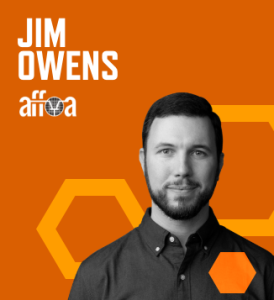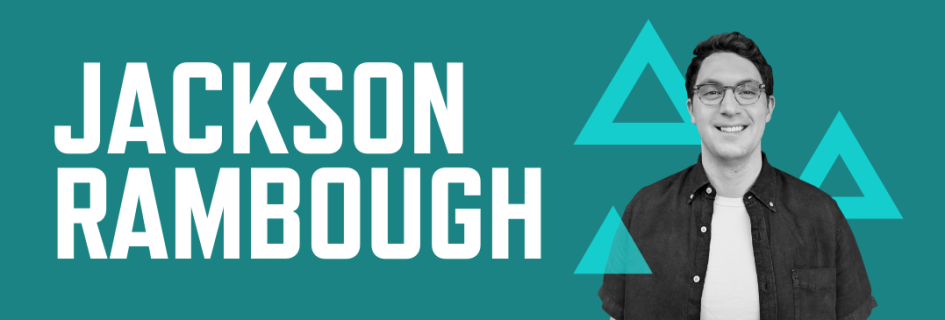
Engineer, mentoring champion, local tourist
Jackson Rambough is a champion for high school students, early career professionals, and those who are excited about hands-on work! Meeting Bay Area students of all ages as they take advantage of curriculum and programs, Jackson wants to serve as a good example for these students, reminding them that they don’t need to have everything figured out to start an amazing career in advanced manufacturing.
Jackson is a Design and Process Engineer at NextFlex, the Flexible Hybrid Electronics Institute. NextFlex works to combine electronic components like computer chips and sensors with flexible materials, such as thin films, plastics, or even fabrics. NextFlex is helping to develop lightweight and relatively inexpensive devices to be used in a wide range of applications such as medical wearables, aerospace sensing, and automotive monitoring.
At NextFlex, Jackon’s team works through the entire manufacturing process, from concept to design, to pilot and scale manufacturing and reliability testing. As part of his job, Jackson builds highly precise circuitry with materials finer than human hair.
Jackson also makes a big impact on students and young people through FlexFactor®, NextFlex’s K-12 learning program. He has worked with more than 450 students in the past year, mentoring some and engaging with others. Jackson has always been passionate about mentoring and connecting with students. During his time at the University of Wyoming, where he earned a dual bachelor’s degree in mechanical engineering and communications and a master’s in mechanical engineering, he spent his summers working at the local Boys and Girls Club in his hometown of Kingston, WA.
His drive to share his passion for advanced manufacturing with up-and-coming generations earns him his status as a Modern Maker.
Q&A with Jackson
How did you find your way to working in advanced manufacturing?
It has been a pretty circuitous path! My undergraduate degrees are in Mechanical Engineering and Communications, and I wasn’t really exposed to advanced manufacturing until my graduate research. After providing mechanical and material science support toward developing a novel 3D-printing technique, I graduated with my master’s. My manufacturing experience broadened with work at a national laboratory, which is where I first learned about NextFlex.
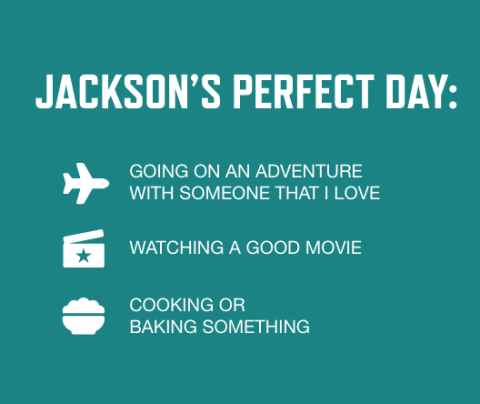
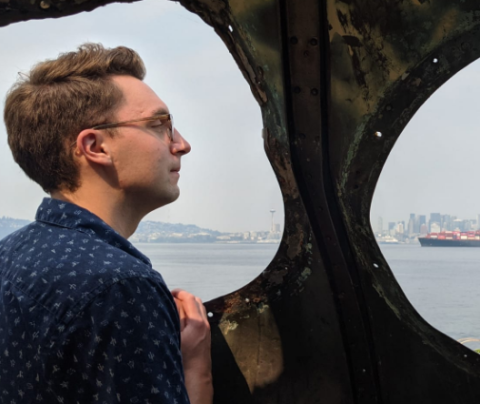
What is the most challenging part of your job?
I get to work on a wide range of projects addressing a broad range of applications. This means that day-to-day I could be developing starkly different parts, which requires lots of regular adaptation, rapid problem solving, and focus. Luckily, the advanced manufacturing tools that I have at my disposal are equipped for these swift changes!
What is the best part of your job?
Not to brag, but at NextFlex we have an extraordinary Education and Workforce Development team that I routinely get to work with. As a part of this work, I get to meet Bay Area students of all ages who are taking part in advanced manufacturing programs and curricula. Working with these students is always a joy. Speaking with the high schoolers is especially gratifying because it wasn’t that long ago that I was in their shoes, stressing, trying to figure out what I was going to do next in my life. I want to serve as a good example for those students, reminding them that they don’t need to have everything figured out, while also illustrating a potential future career in manufacturing.
What would people be surprised to learn about manufacturing or your role in it?
A lot of people are just surprised that we can 3D print electronics. Even people close to the industry are sometimes surprised by the capabilities of the printers we use.
What advice do you have for someone new to the industry?
Whatever you want to learn, whatever skills you want to develop within the space of manufacturing, there are resources available. Organizations, including NextFlex, develop curricula tailored for a range of skill levels and age groups. If you are new to the industry or are just curious about manufacturing, do not let these resources go unused.
What makes you excited to go to work?
With my work, there are always new problems to solve. Most of the time, that is more exciting than daunting!
If you didn’t have to work, how would you spend your day?
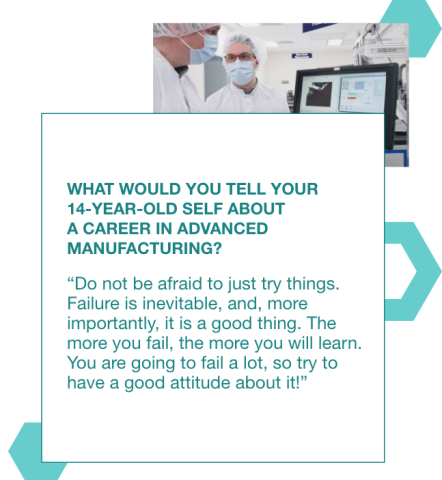
I love to travel! On weekends I pick a cool spot (record store, brewery, hiking trail) a few towns away and take a drive there, seeing what else piques my interest along the way. If I didn’t have to work, I guess I would just do so on a grander scale.
What activity gives you the most energy?
All the hands-on work! Looking at spreadsheets and emails can be taxing and monotonous if it is all that you get to do all day. The time I get to spend working with my hands in our fabrication facility gives me the most energy.
What hobbies make you better at your career?
I try to set aside time to be creative. I think outlets like playing guitar or creative writing are critical to not getting burnt out when I am heavily involved in technical work. I know that my background as a writer and communicator supports my career every day. Engineers get a bad rap for being poor communicators, and I take pride in helping to subvert that stereotype.




